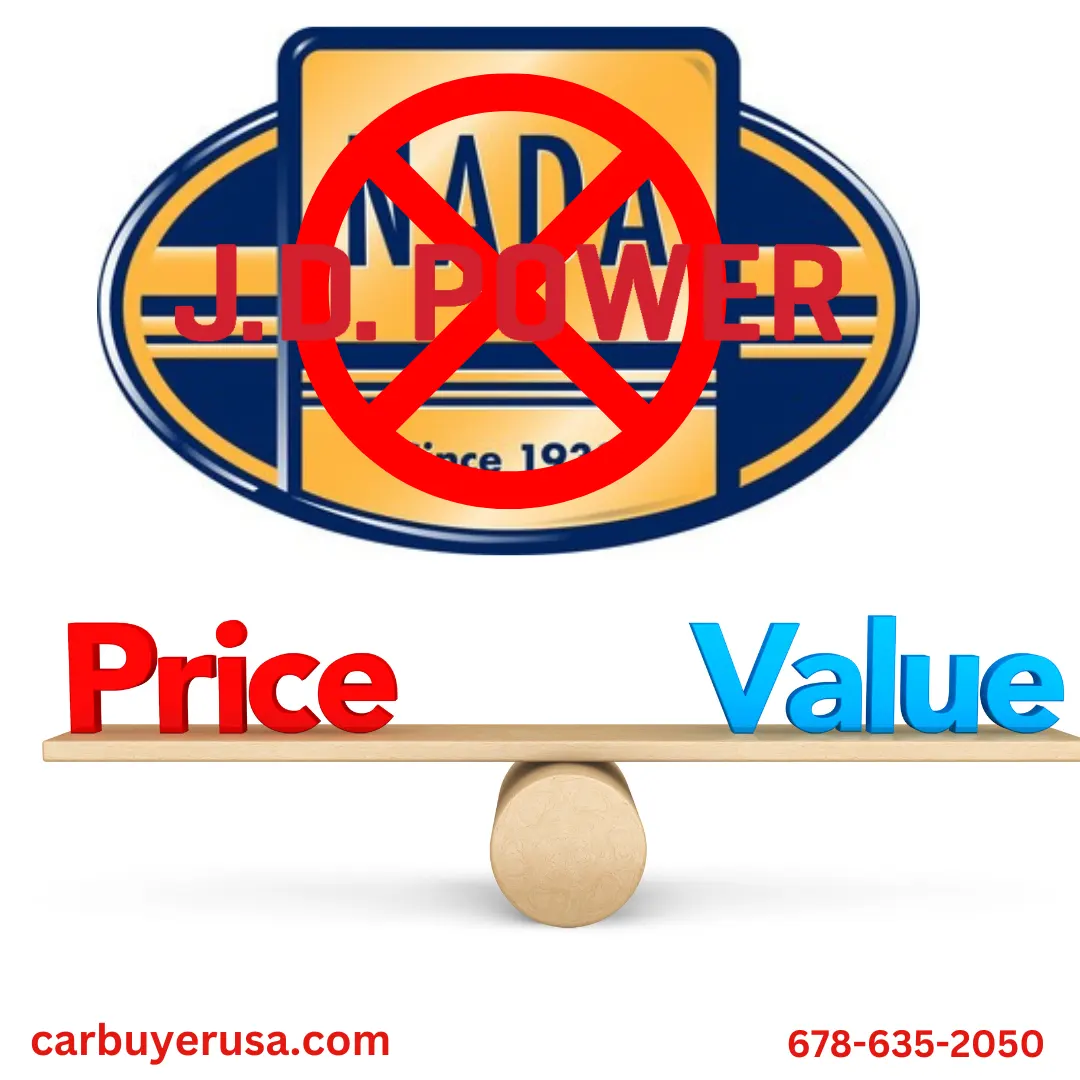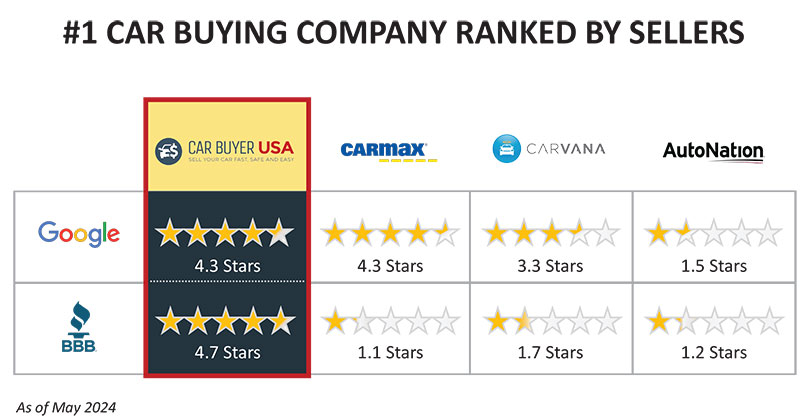
NADA (National Automobile Dealers Association), now part of J.D. Power, has been a trusted source for vehicle pricing for decades, helping car buyers, sellers, and dealers make informed decisions. Even though it was rebranded under J.D. Power in 2021, it continues to provide reliable vehicle value estimates. However, many people wonder if these values are still accurate in today’s fast-changing market.
Their estimates on real-world data like auction results, dealer sales, vehicle condition reports, and economic factors. They offer different pricing categories, such as trade-in value (what a dealership might give you), private- party value (what you could sell it for directly to another buyer), and retail value (the price a dealership might sell it for after preparing it for sale). These estimates help guide you, depending on how you plan to sell or trade your vehicle. While the values are based on solid data, the actual price you get can vary depending on several factors. For instance, if your car is in excellent condition, you might get close to or even more than the estimated value. But if it has any issues: cosmetic, mechanical (including warning lights), accidents or it is simply out-of-footprint for the dealer or the market you live in now - you will be challenged to get book value for your vehicle.
Geography matters!!! - what a car sells for in one area might differ in another. For example, 4WD Trucks may sell for higher prices in rural or snowy areas, while electric cars might be more in demand in cities. Broader market conditions, like the COVID-19 pandemic's impact on the supply chain, can also affect car prices. In times of high demand and low supply, used car prices climb, meaning vehicles might sell at or slightly above NADA/J.D. Power estimates. On the flip side, when demand drops, prices might come in lower than expected.
It’s also important to keep in mind that dealerships usually offer less than the trade-in value because they account for costs like repairs and profit margins. If you’re selling privately, buyers may try to negotiate lower prices due to minor issues or future costs. However, if your car has unique features, like a rare model or color, you might be able to get a higher price, especially in niche markets. Economic conditions, such as inflation or rising interest rates, can impact car prices as well. When buyers have less money to spend or face higher financing costs, they might not be willing to pay top dollar, no matter what NADA/J.D. Power suggests. While NADA/J.D. Power is a good resource for understanding your car’s value, it’s best to use it as a guide rather than an exact number. The actual price will depend on the car’s condition, local demand, and how well you negotiate.
Remember, NADA/J.D. Power is a great starting point to get an idea of your car’s value, but it’s always smart to double-check. For a more accurate offer, why not try Car Buyer USA? You can get a quote in just 20 seconds—no personal info required! Plus, we stand by the value we give you, with no surprises or hidden conditions. Ready to get started? Visit carbuyerusa.com, drop us an email at info@carbuyerusa.com, or call us at 678-635-2050. We’re here to make the process easy for you!


